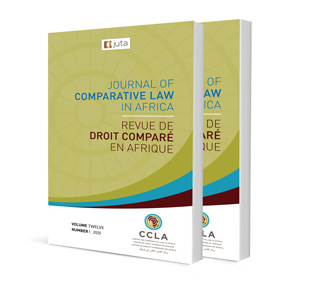Quel régime pour l’imprévision en droit Mauricien des contrats ? Les leçons à tirer de la réforme du droit Français des obligations en 2016

Quel régime pour l’imprévision en droit Mauricien des contrats ? Les leçons à tirer de la réforme du droit Français des obligations en 2016
Author: Goran Georgijevic
ISSN: 2521-2605
Affiliations: Senior Lecturer (Civil Law), Law Department, Faculty of Law and Management, University of Mauritius
Source: Journal of Comparative Law in Africa, Volume 12 Issue 2, p. 199–219
https://doi.org/10.47348/JCLA/v12/i2a7
Abstract
The general rule on unforeseeability, incorporated into Article 1195 of the French Civil Code, is relatively new, dating back only to 2016. The doctrinal and jurisprudential position in France concerning the theoretical justification of this institution, its imperativeness, the conditions for taking unforeseeability into account, and the reaction of the law to it can be a rich source of learning for the Mauritian legislator when the time comes to regulate contractual unforeseeability in the Mauritian Civil Code.